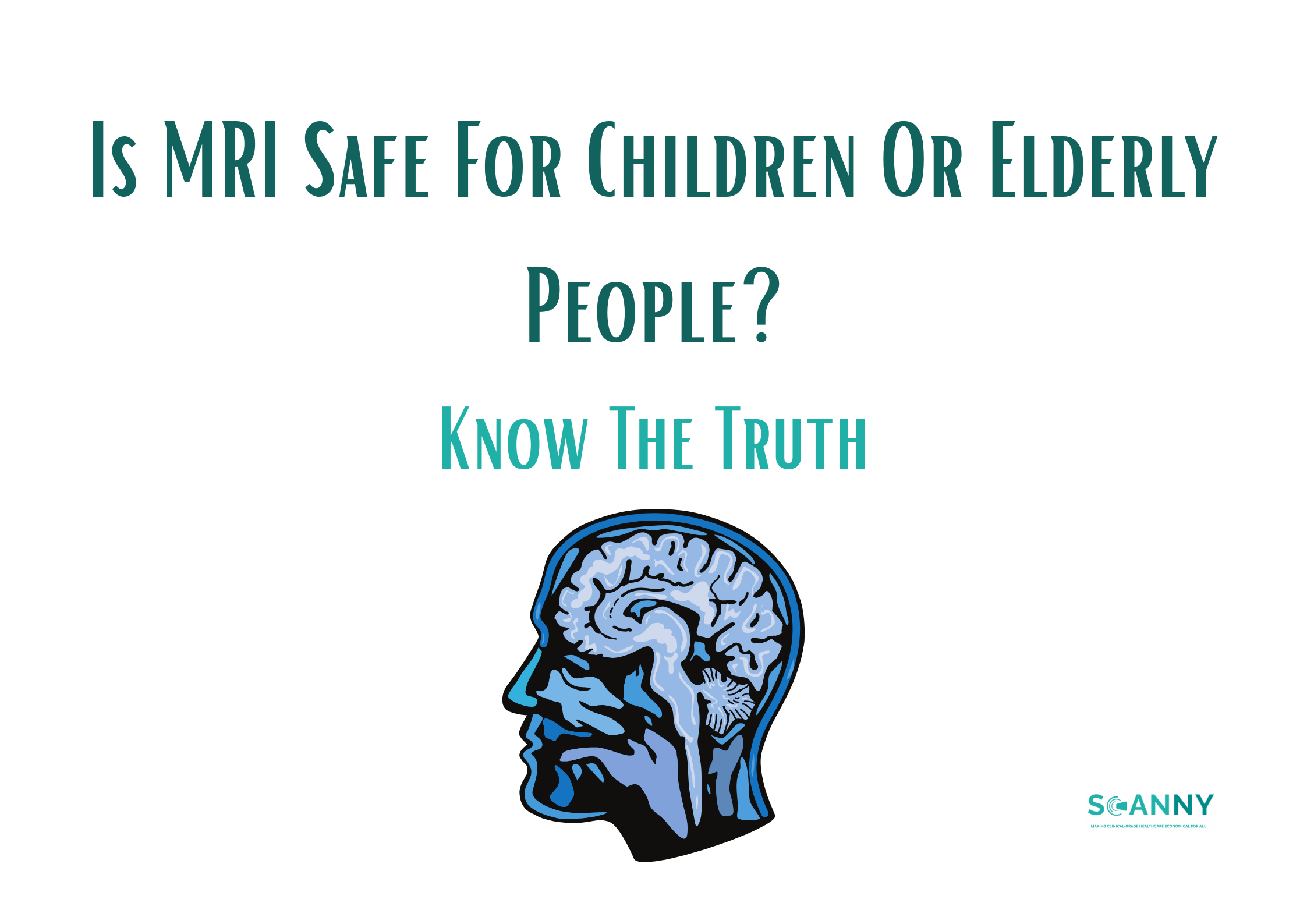When your child needs an MRI or your aging parent requires this type of scan, questions naturally arise about safety. The good news is that magnetic resonance imaging poses no known health risks for people of any age.
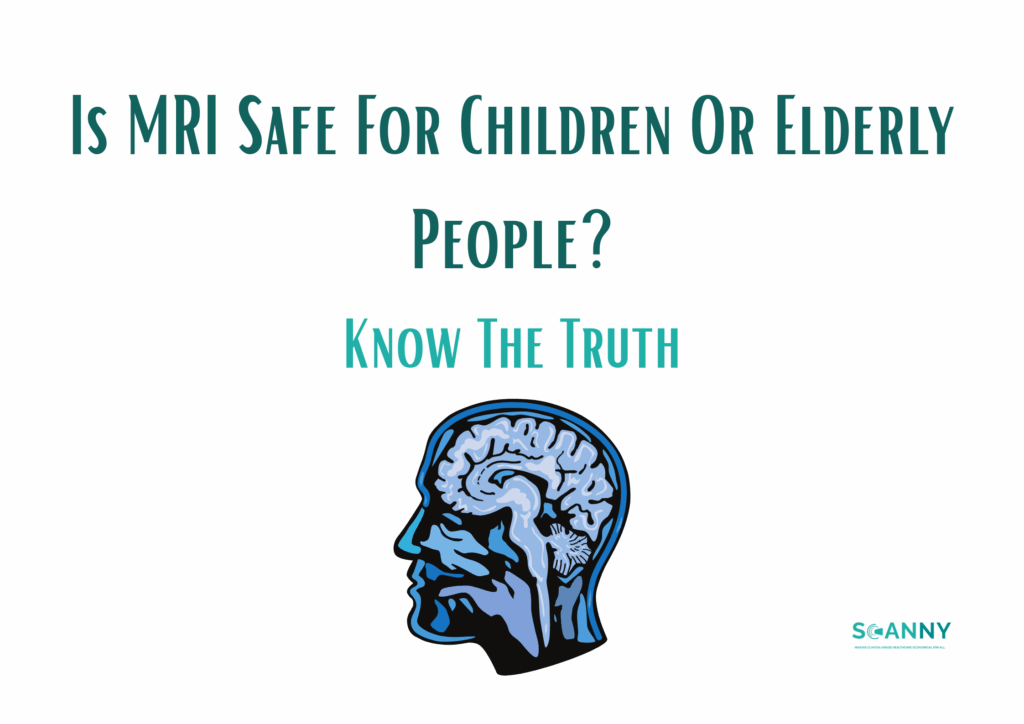
How Does MRI Work?
MRI machines use powerful magnets and radio waves to create detailed pictures of the inside of the body. Unlike X-rays or CT scans, no radiation is involved.
The magnetic field temporarily aligns water molecules in your body, and when radio waves are applied, these molecules send back signals that create the images doctors need.
Safety for Children
Kids can safely have MRI scans at any age, including newborns. The magnetic fields and radio waves don’t harm developing bodies or organs. Pediatric hospitals routinely perform MRIs on infants and children with excellent safety records.
The main challenges with young patients involve staying still during the scan. Children under 5 or those with developmental delays may need sedation to remain motionless for the 15-60 minute procedure. Anesthesiologists who specialize in pediatric care carefully monitor sedated children throughout the process.
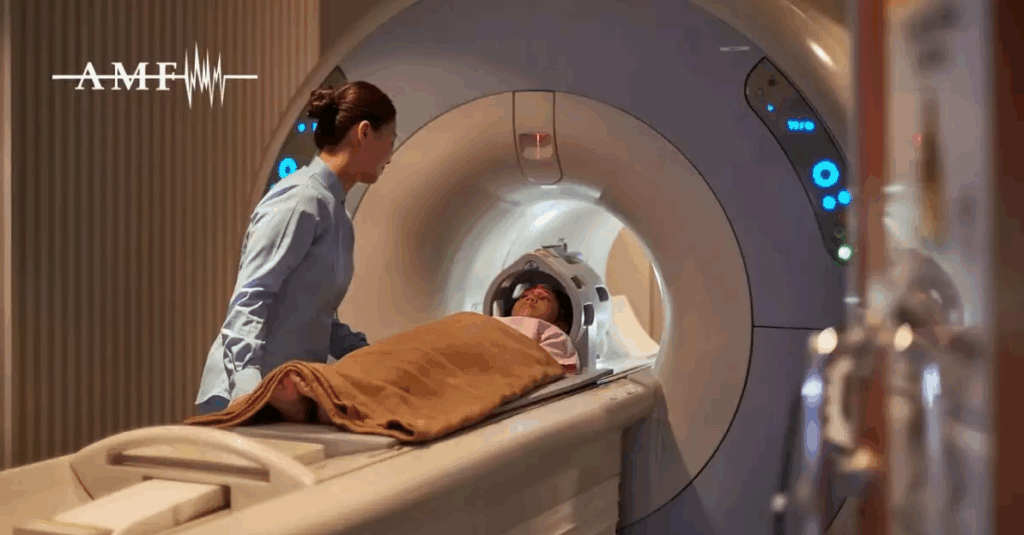
Many hospitals now offer “mock” MRI sessions where kids can practice in a replica machine. Some facilities use specially designed “quiet” MRI machines that reduce the loud knocking sounds, making the experience less frightening for young patients.
Safety for Elderly Patients
Older adults face no age-related restrictions for MRI scans. The magnetic fields don’t interact differently with aging bodies, and seniors often benefit greatly from the detailed images MRI provides for diagnosing conditions like strokes, joint problems, or neurological disorders.
Some considerations for elderly patients include:
Comfort and positioning: Lying flat for extended periods can be uncomfortable for those with arthritis or breathing difficulties. Technologists can provide cushions and positioning aids to help.
Claustrophobia: Some seniors may feel anxious in the confined space. Open MRI machines or mild relaxation medications can help address this concern.
Medical devices: Older adults are more likely to have pacemakers, cochlear implants, or other medical devices. Most modern devices are MRI-compatible, but the medical team will verify safety before proceeding.
Metal Objects and Implants
The powerful magnets in MRI machines attract certain metals, which creates the primary safety concern for all patients. Before any scan, medical staff will ask about:
- Pacemakers and defibrillators
- Cochlear implants
- Metallic joint replacements
- Surgical clips or screws
- Shrapnel or metal fragments
Many modern implants use MRI-safe materials, but verification is always necessary. Patients receive detailed questionnaires and metal detector screenings before entering the MRI room.
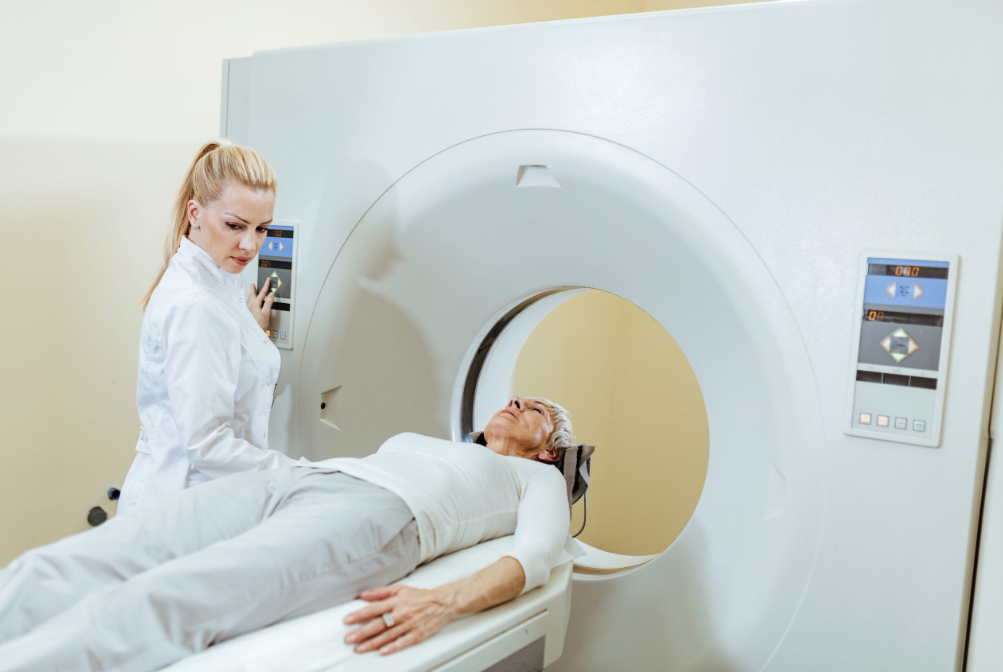
Contrast Agents
Sometimes doctors inject a contrast agent (usually gadolinium) to enhance image quality. This substance is generally safe for both children and seniors, though kidney function tests may be required for older adults or those with kidney disease.
Allergic reactions to MRI contrast are rare but possible. Medical teams are prepared to handle any adverse reactions immediately.
Making the Experience Better
For children:
- Bring a favorite stuffed animal or blanket
- Ask about child-friendly facilities with colorful decorations
- Consider facilities that allow parents to stay nearby during the scan
- Discuss the procedure in age-appropriate terms beforehand
For elderly patients:
- Arrive early to reduce rushing and stress
- Bring a list of all medications and medical devices
- Ask about open MRI options if claustrophobia is a concern
- Arrange transportation, as some may feel tired after sedation
When MRI Might Not Be Recommended
While MRI is safe, certain situations may require alternative imaging:
- Patients with non-compatible pacemakers or implants
- Severe claustrophobia that can’t be managed with medication
- Inability to remain still for the required time
- Critical patients who can’t be safely moved to the MRI suite
Frequently Asked Questions
Can pregnant women have MRI scans?
MRI appears safe during pregnancy, especially after the first trimester. Doctors weigh the benefits against any theoretical risks when recommending scans for expectant mothers.
How loud is an MRI machine?
MRI machines produce knocking and tapping sounds that can reach 100+ decibels. All patients receive ear protection, and some facilities offer music or noise-canceling headphones.
Can I stay with my child during the scan?
Many facilities allow parents in the MRI room if they pass metal screening. You’ll need to remove all metal objects and may need to wear a hospital gown.
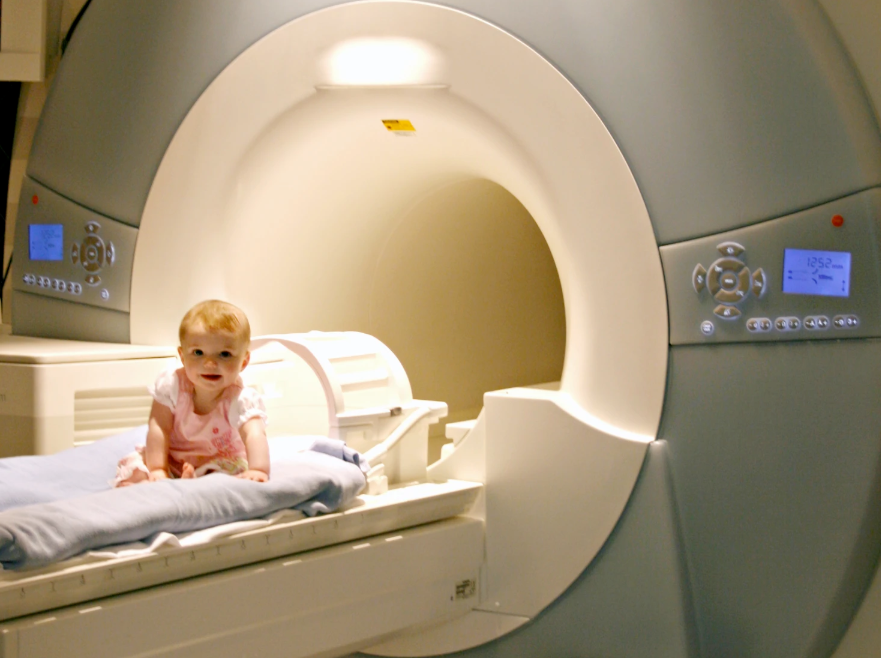
What if my elderly parent has dementia?
Patients with dementia can have MRI scans, but may need extra support or mild sedation to remain calm and still. The medical team will work with families to create the best approach.
How long does an MRI take?
Scan times vary from 15 minutes to over an hour, depending on the body part being examined and the detail required. The technologist will provide time estimates beforehand.
Can people with joint replacements have MRIs?
Most modern joint replacements use MRI-compatible materials. However, older implants may contain metals that could heat up or move during the scan. Always inform the medical team about any implants.
What happens if someone panics during the scan?
Patients can communicate with technologists through an intercom system throughout the procedure. The scan can be stopped immediately if needed, and staff are trained to help anxious patients.
Are there weight limits for MRI machines?
Most MRI machines accommodate patients up to 350-500 pounds, though this varies by facility. Open MRI machines may have different specifications.
Do children always need sedation for MRIs?
Not always. Many children over 6 can complete MRI scans without sedation, especially with proper preparation and support. Each case is evaluated individually.
Can hearing aids be worn during an MRI?
Most hearing aids must be removed before MRI scans due to their metal components and electronic parts. Discuss alternatives with the medical team if communication is essential during the procedure.
The medical community has decades of experience using MRI safely across all age groups. When your doctor recommends this imaging study, you can feel confident that the benefits of accurate diagnosis far outweigh any minimal risks involved in the procedure.

